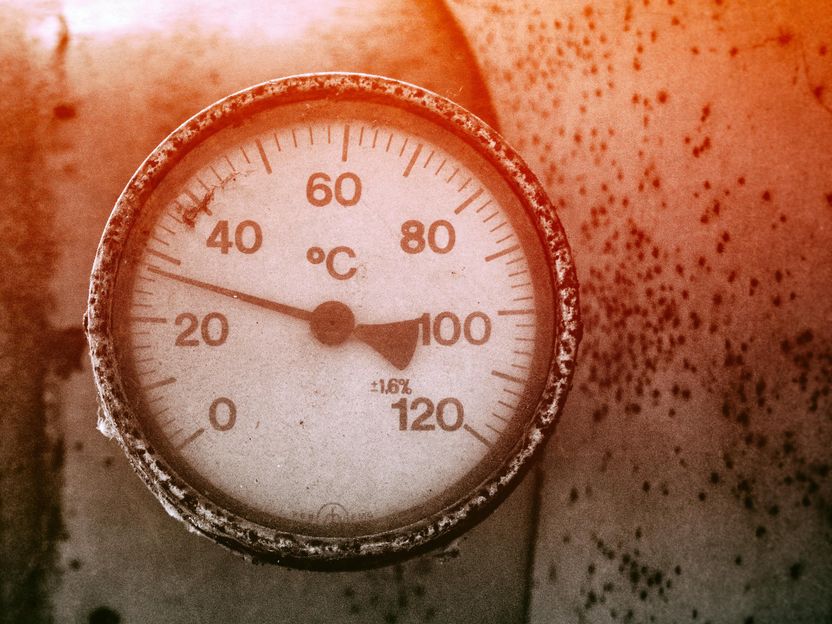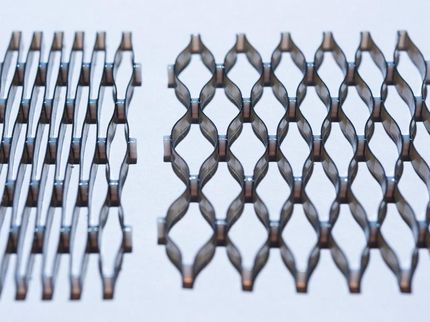Nano-Rust: Smart Additive for Autonomous Temperature Control
A new, versatile method for temperature monitoring in materials
Advertisement
The right temperature matters – whether in technical processes, for the quality of food and medicines, or the lifetime of electronic components and batteries. For this purpose, temperature indicators record (un)desired temperature increases that can be read out later. Researchers in the group led by Prof. Dr. Karl Mandel, Professorship for Inorganic Chemistry at FAU, have succeeded in developing a novel temperature indicator in the form of a micrometer-sized particle whose central component is rust. The results of the research have been published in the journal Advanced Materials.

Symbolic image
Unsplash
The new temperature indicator has decisive advantages over previous indicators: its small size means it can be flexibly applied and the fact it is made of readily available materials makes it inexpensive to manufacture. What makes it truly outstanding, however, is the modular structure of the particles made of polymers and iron oxide as well as the magnetic readout process. The modular design allows the indicator to be tailored for a specific application. The magnetic readout method allows the stored information of the temperature indicators to be read out even from the depths of a dark object or behind an opaque coating. This is not possible with many currently used indicators. It is important to note that no real-time temperature monitoring is performed as with a thermometer. Instead, the temperature indicator stores the maximum temperature ever reached in the past, ranging from 40 to 170 °C. This is particularly suitable for tracing the temperature history of a material, which cannot be tracked with ordinary thermometers without a memory unit.
Original publication
Recording Temperature with Magnetic Supraparticles; Jakob Reichstein, Stephan Müssig, Hannes Bauer, Susanne Wintzheimer, Karl Mandel; Advanced Materials; 2022
Most read news
Original publication
Recording Temperature with Magnetic Supraparticles; Jakob Reichstein, Stephan Müssig, Hannes Bauer, Susanne Wintzheimer, Karl Mandel; Advanced Materials; 2022
Topics
Organizations
Other news from the department science

Get the chemical industry in your inbox
By submitting this form you agree that LUMITOS AG will send you the newsletter(s) selected above by email. Your data will not be passed on to third parties. Your data will be stored and processed in accordance with our data protection regulations. LUMITOS may contact you by email for the purpose of advertising or market and opinion surveys. You can revoke your consent at any time without giving reasons to LUMITOS AG, Ernst-Augustin-Str. 2, 12489 Berlin, Germany or by e-mail at revoke@lumitos.com with effect for the future. In addition, each email contains a link to unsubscribe from the corresponding newsletter.
































































